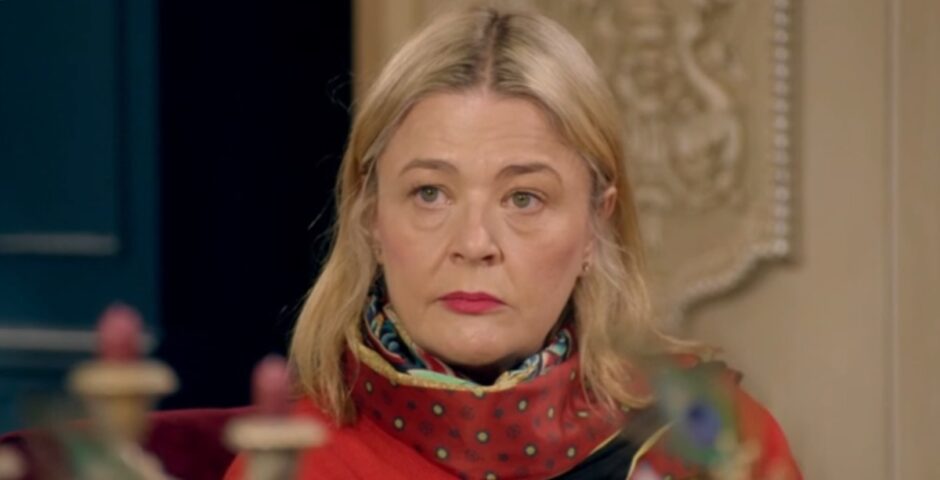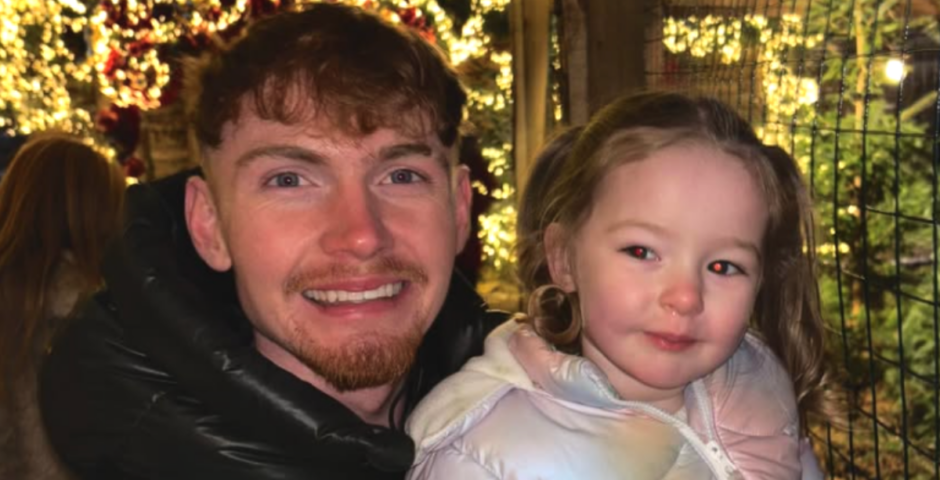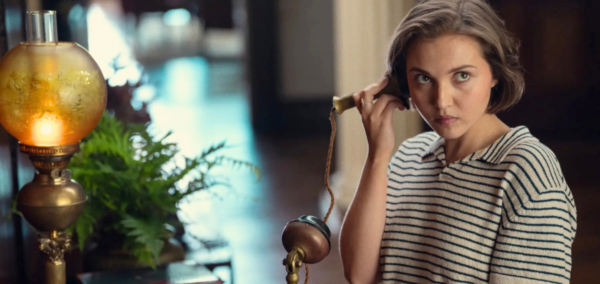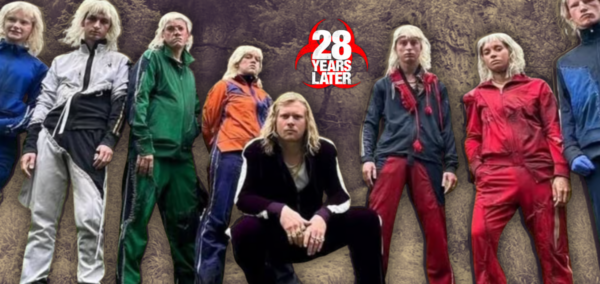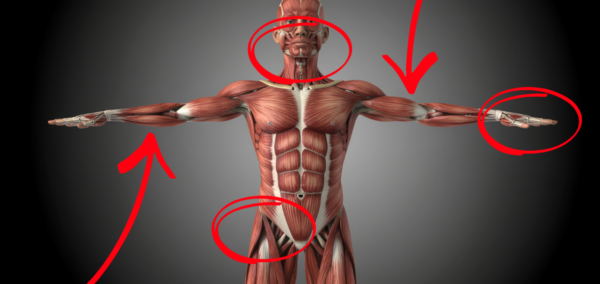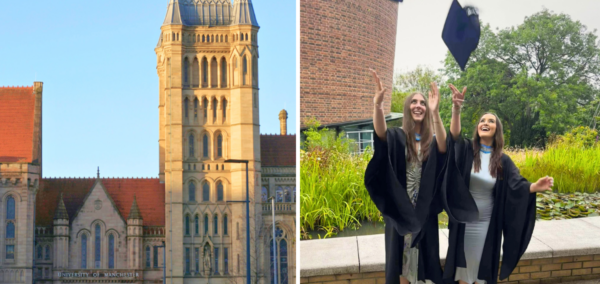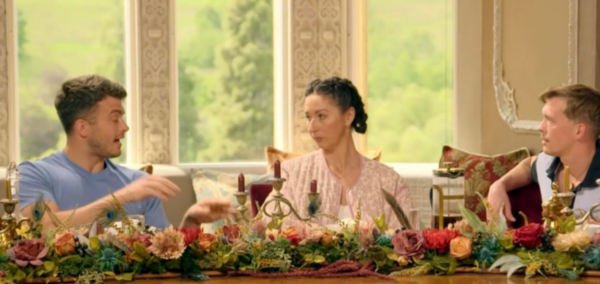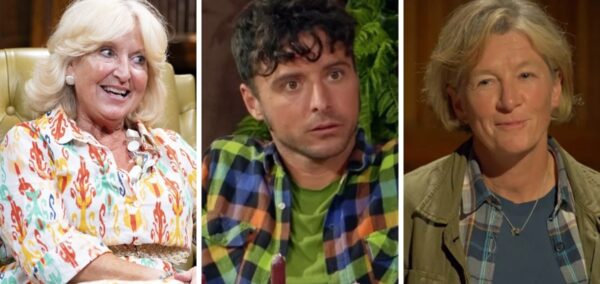
Review: Dancing at Lughnasa
‘The air is nostalgic…’
Dim lights, mysterious flutes, smoke fills the stage. The cast slowly appears. In the centre – Michael Evans (Joe Wright), our narrator. Through his memories, we are going to learn about the lives of his relatives. Through his lens, we will see who his aunts were, what his uncle was like, what fate lay for his mother and father. As he begins his story, the audience is immediately captivated. Michael softly talks about the summer of 1936. A summer filled with joy and misery, one where his memories of the good and the bad are intertwined, forming the tapestry we call life.
His aunts got a new radio, there is not enough butter, but they can dance now. And they keep dancing. Through everything, they keep dancing.
This is a beautiful show. It felt so unexpectedly heart-warming and comforting in some way. Through all the sadness and pain, there was always some kind of light around. As my viewing companion put it: “Everyone is miserable, yet you are dancing with them.”

via Jennifer Chen
Most Read
The characters felt so familiar, so real. As soon as you learned who they were, you felt like you understood them on a deep, emotional level. The cast did an incredible job in portraying their personalities, highlighting the traits that make them who they are. This was visible not only when they had lines, but in their background acting as well. My favourite in that sense was the performance of Rosalind Wippell as Kate, with her incredible facial expressions. You could see her judgement, shock, intense confusion, her care about her siblings. She was able to portray the weight of the responsibilities of being the oldest sister, as well as the pride she took in that. She showed her desire to dance, overpowered by rules that society, religion and she herself created.

via Jennifer Chen
Another standout performance was that of Esther Welbrock as Maggie. You could see the light in her eyes. Her riddles and jokes, and her overall relationship with Michael, were brilliant. Agnes, played by Orla Hill, was often quiet, yet in each scene you could see how much she had to say. Her argument with Kate and her emotional outburst felt incredibly real. Her hands shaking, her speech becoming faster and faster, while she worries about her sister, was incredibly executed. Harriet Regan, as Rose, managed to show passion, childlike happiness, unwavering desire to be free. Chris, portrayed by Alice Roberts, went through an incredible range of emotions, from being nervous and shy, to giggly and flirtatious, to jealous and defensive. Her hope made her delusional, yet it felt like she was aware of that, making a conscious choice to be momentarily happy.
Hugh McDowell, playing Father Jack, was phenomenal. It felt like the character was losing his mind, yet as if he had never been as sane as he was then. He was in his own world, and that’s all he needed. Jake Burke’s delivery of Gerry’s lines and his body language were wonderful. He knew exactly how to make you hate Gerry. And with the help of accent advisor Eanna Ferguson, all the actors managed to do really convincing Irish and Welsh accents (although I might not be the best judge of that).

Image credit: Jennifer Chen
What really helped bring the show together, creating the atmosphere and building tension, was the music, courtesy of sound designer Stan Hunt and composer Dilan Shant. From magical flutes to suspenseful drums to uneasy violins. Along with the sound, the lights, by Xingbei Lin, were magnificent. And all of this balanced perfectly with the beautiful set designed by Megan Kruger.
Telling the story from the point of you of Michael when he is older was incredibly well done. It made everything seem nostalgic and not entirely real, like a mirage, a glimpse of a life almost forgotten. Because of this way of narration, you know what’s going to happen to the characters. And so do they in some way, but they keep laughing. And that laughter is the sweetest, most heartbreaking thing ever.
Dancing at Lughnasa is a show about hope and sorrow. And of hope again, that kind of hope when you know terrible things are going to happen, but you keep hoping anyway. It is so worth the watch.
4.5/5
Dancing at Lughnasa is showing from 29th October to Sat 2nd November at the ADC Theatre. Book your tickets here.
Feature Image Credit: Jennifer Chen



